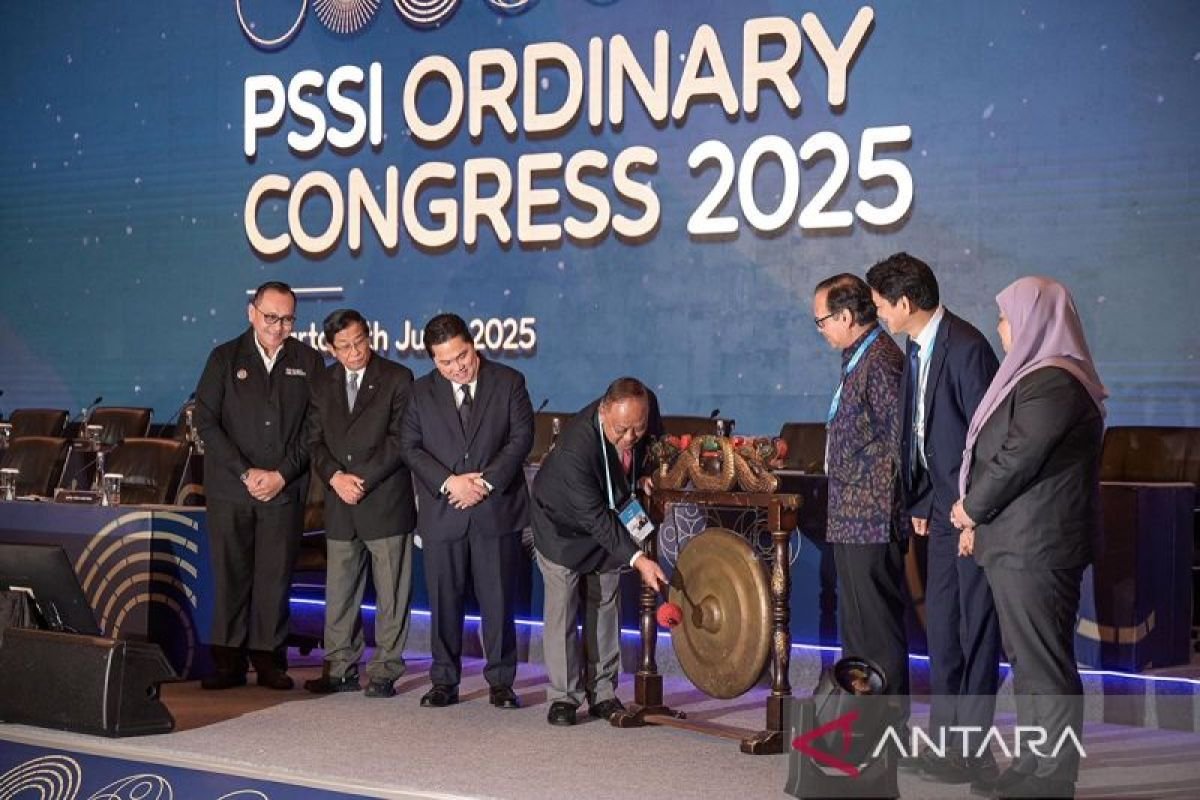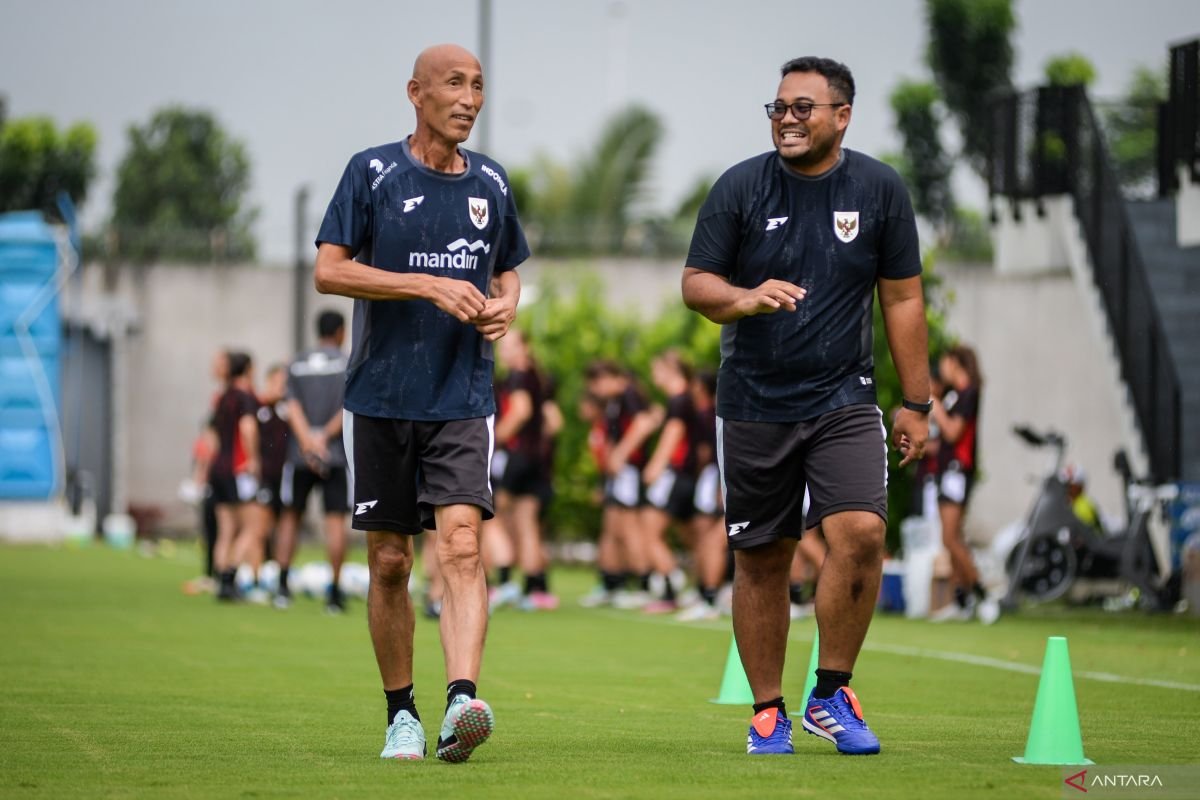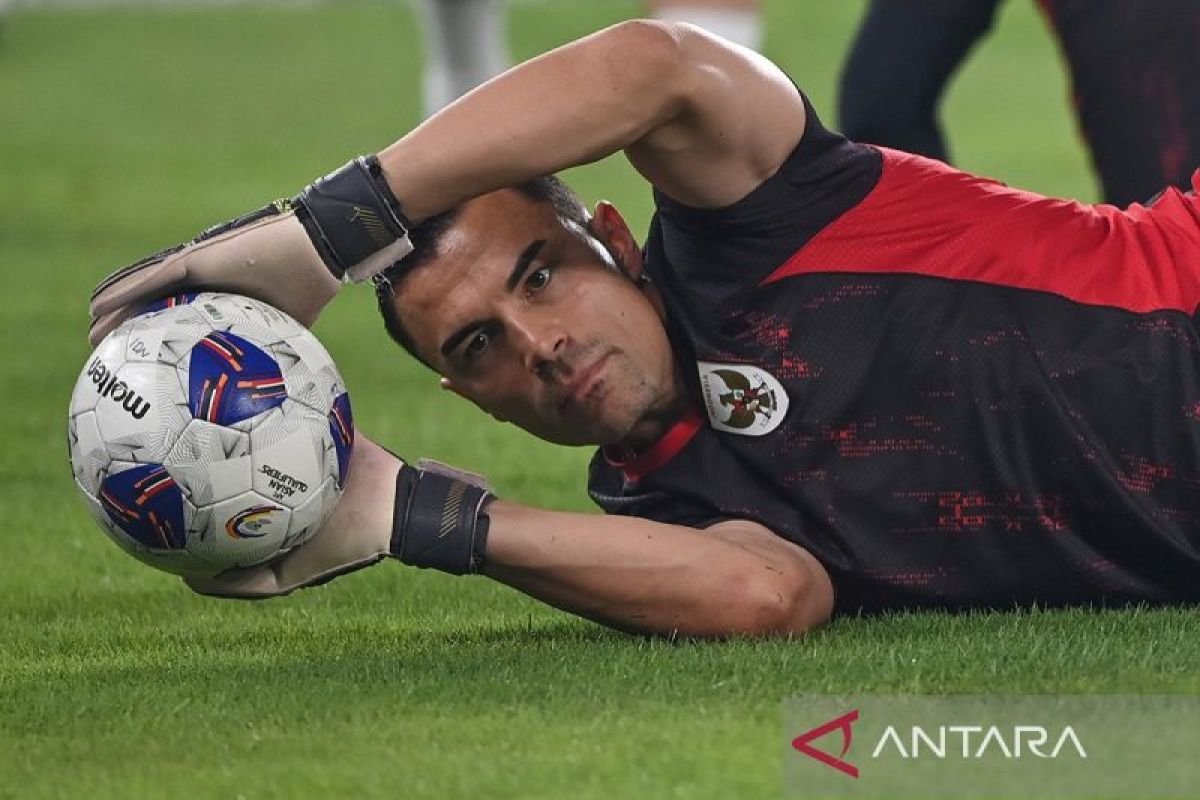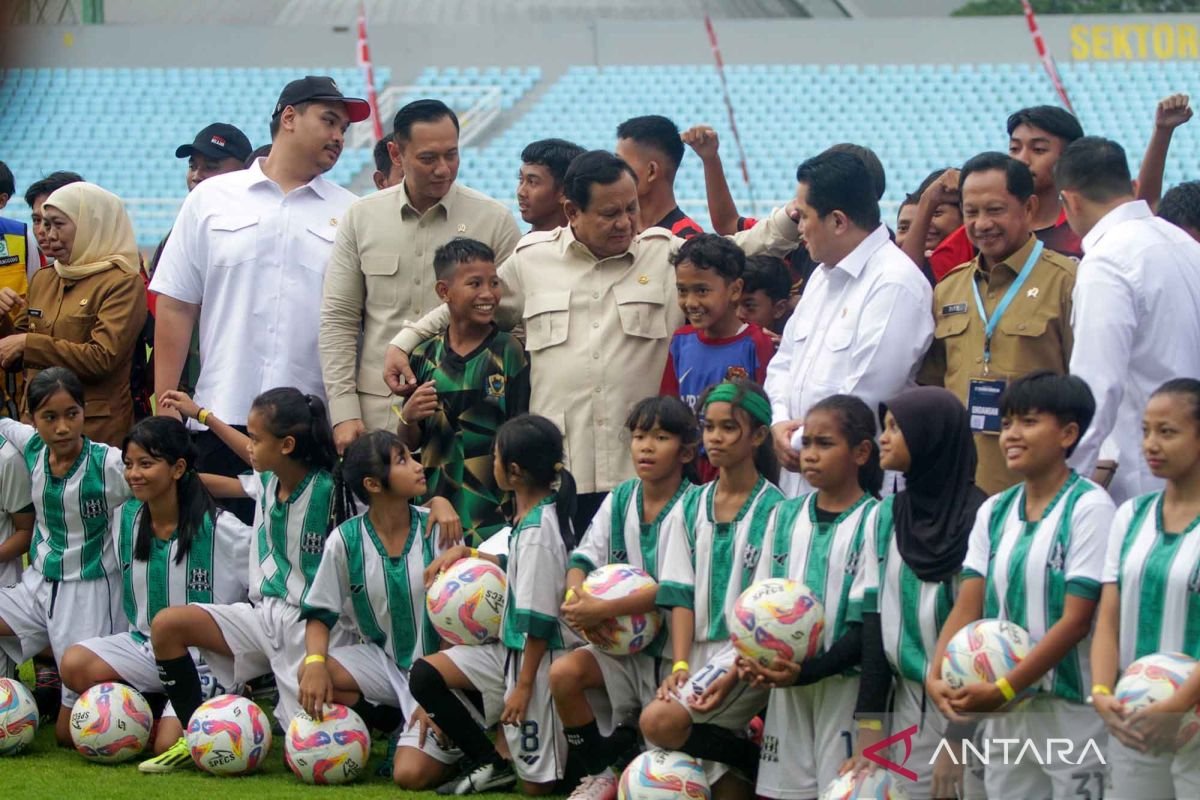Outcome of the PSSI Congress: Regions as the Vanguard of National Football
On October 15, 2023, the Indonesian Football Association, known as PSSI (Persatuan Sepakbola Seluruh Indonesia), held its much-anticipated congress in Jakarta. This event brought together football stakeholders from across the archipelago, aiming to tackle pressing issues and set a course for the future of Indonesian football. The congress focused on a theme that resonates deeply with fans and players alike: “Regions as the Vanguard of National Football”.
A New Vision for Indonesian Football
The congress underlined a pivotal shift in the strategy of PSSI, emphasizing the pivotal role of regional football associations. This decision comes at a time when Indonesia is looking to rejuvenate its football landscape, which has faced numerous challenges, including governance issues and the need for grassroots development. The central message from the congress was clear: to build a robust national football framework, regional bodies must serve as the backbone.
Key Decisions and Strategies
The congress led to several key outcomes aimed at enhancing the local football ecosystem. Among them:
-
Empowerment of Local Associations: PSSI pledged to transfer more authority and resources to regional associations. This decentralization is designed to encourage local governance and nurturing of talent, enabling regions to be more proactive in cultivating football culture and expertise.
-
Investment in Grassroots Programs: Recognizing the importance of nurturing young talent, the congress emphasized the need for substantial investment in grassroots football programs. Initiatives aimed at schools and community leagues will be prioritized, ensuring that children from diverse backgrounds have access to football training and facilities.
-
Talent Identification and Development: The congress outlined strategies for a more systematic approach to identifying and developing local talent. Regional scouting programs will be established, ensuring that promising players from even the most remote areas can be identified and supported.
-
Infrastructure Development: One of the significant discussions revolved around the need for better football infrastructure in various regions. PSSI committed to collaborating with local governments and private sectors to improve facilities, ensuring that players have access to high-quality pitches and training centers.
-
Increased Collaboration: There will be enhanced collaboration between PSSI and regional associations to share best practices, strategies, and operational efficiencies. This collaborative spirit is crucial for ensuring that experiences can be shared, challenges addressed, and successes celebrated collectively.
Challenges Ahead
While the outcomes of the congress were optimistic, the path forward is fraught with challenges. The decentralization of power to regional bodies demands that these associations be adequately equipped in terms of governance, financial management, and operational capabilities. There is a need for comprehensive training programs to prepare regional leaders to handle their new responsibilities effectively.
Moreover, ensuring that the resources promised by PSSI trickle down to the grassroots level remains a challenge. Transparency and accountability will play key roles in ensuring that investments directly benefit the development of local talent and infrastructure.
A Future of Hope
The PSSI Congress marked a significant turning point for Indonesian football. By positioning regions as the vanguard of national football, PSSI is signaling a commitment to grassroots development and local engagement. This approach recognizes that the future of the sport in Indonesia lies not solely in professional leagues but in the communities that nurture young players.
As Indonesia gears up for its future in football, from local fields to international competitions, the focus on regional development may very well lay the groundwork for a new generation of talented players and a stronger national team. The emphasis on grassroots efforts, community engagement, and empowering local associations is not just about fostering football; it’s about building a football culture that resonates throughout the entire nation.
In conclusion, while the PSSI Congress outcomes present exciting opportunities for Indonesian football, the real test lies in the successful implementation of these strategies. With collaborative efforts and a dedicated vision, Indonesian football can indeed rise to new heights, uniting fans across the archipelago under a shared passion for the beautiful game.










